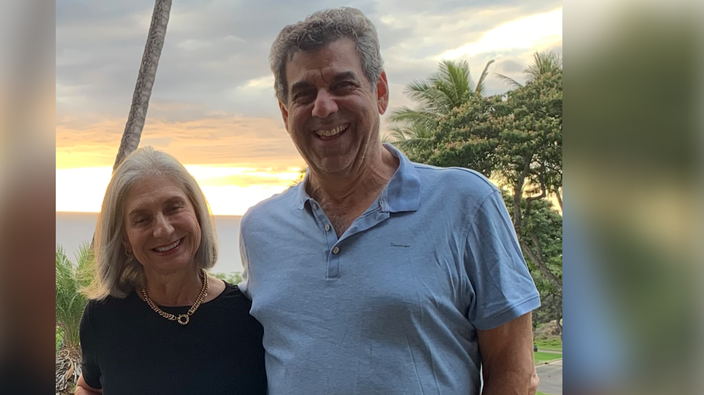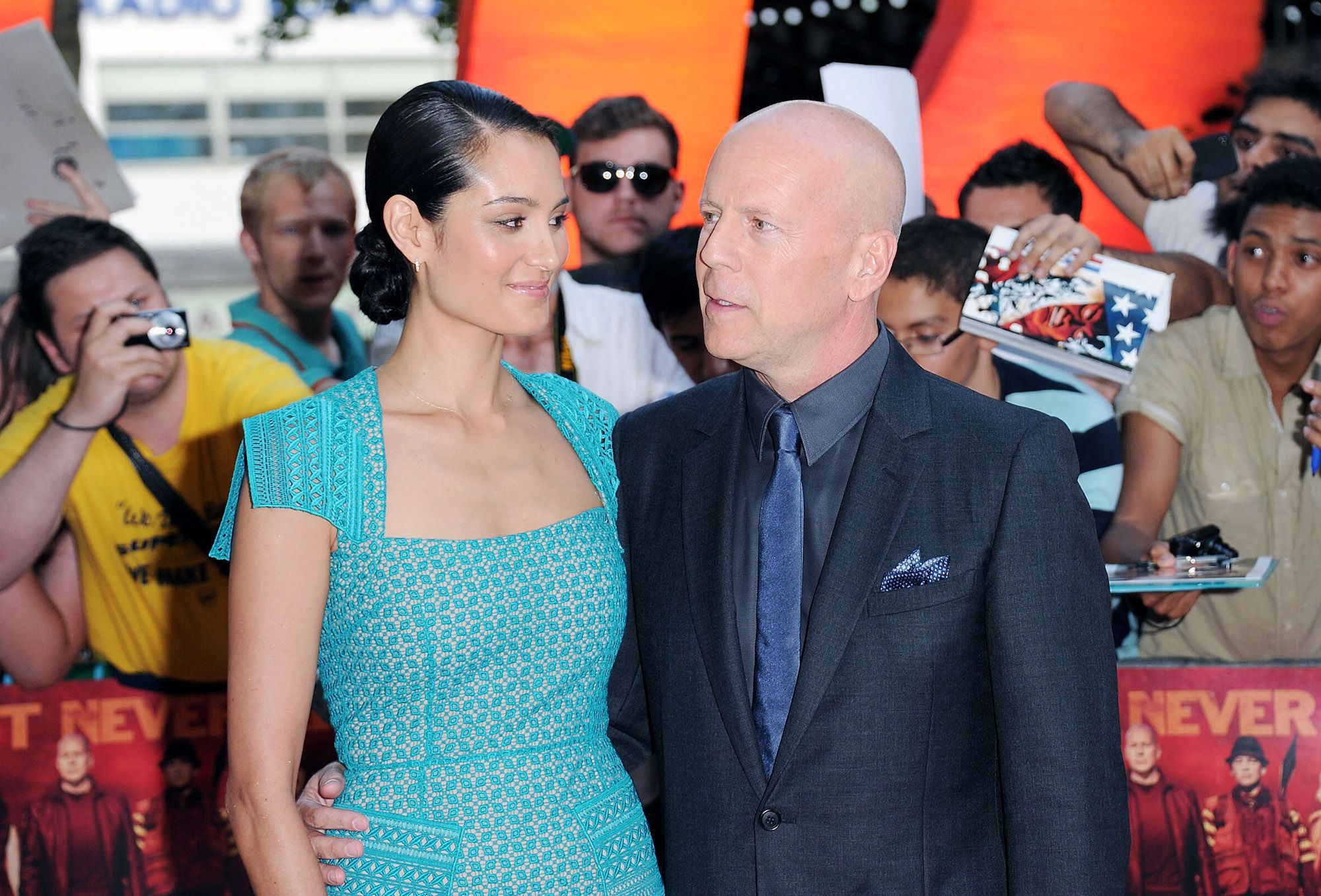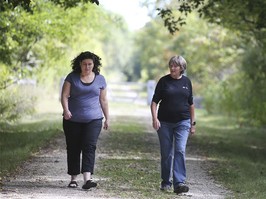how does that compare to the maintenance therapy she is currently on?
my wife requires chemotherapy every two weeks, and naturally, chemo has other effects. this is done on an outpatient basis at the hospital, and she often doesn’t feel great for 24 hours afterwards. there are disadvantages to having chemo that often, but there are obviously advantages in terms of managing the cancer. covid made treatment that much more difficult, but luckily, it didn’t delay her treatment.
what’s the toughest part about being a caregiver?
we’re still at the stage where sharmeen carries on physically with virtually no restrictions, so i don’t think of myself as a caregiver. emotionally, it’s quite different, knowing what ultimately lies ahead.
how do you deal with the ups and downs?
i am the type of person who deals with things by being directly involved in all facets. obviously, there are times when i get emotional about it. i feel bad for my wife — no matter how happy she is or how blessed we feel that we have our life, and our wonderful children and grandchildren, the cancer is always there. and while it is there for me too, i can at least compartmentalize it.
do you worry about what’s next?
my hope is that whatever treatment protocol comes next, that it will last as long as possible and that my wife will be able to tolerate it. i have not followed up on the latest research because the treatment plan my wife is currently receiving works well, and i don’t want to use up my energy following research that may not be relevant to her in the future. this is a complex disease and staying on top of everything can be mentally and emotionally exhausting. this past spring, i was invited to speak at a princess margaret webinar where i also had the opportunity to learn about the latest myeloma research. i was blown away — there has been more research progress in multiple myeloma than any other type of cancer. that gives me a great deal of hope for the future.
 7 minute read
7 minute read



















